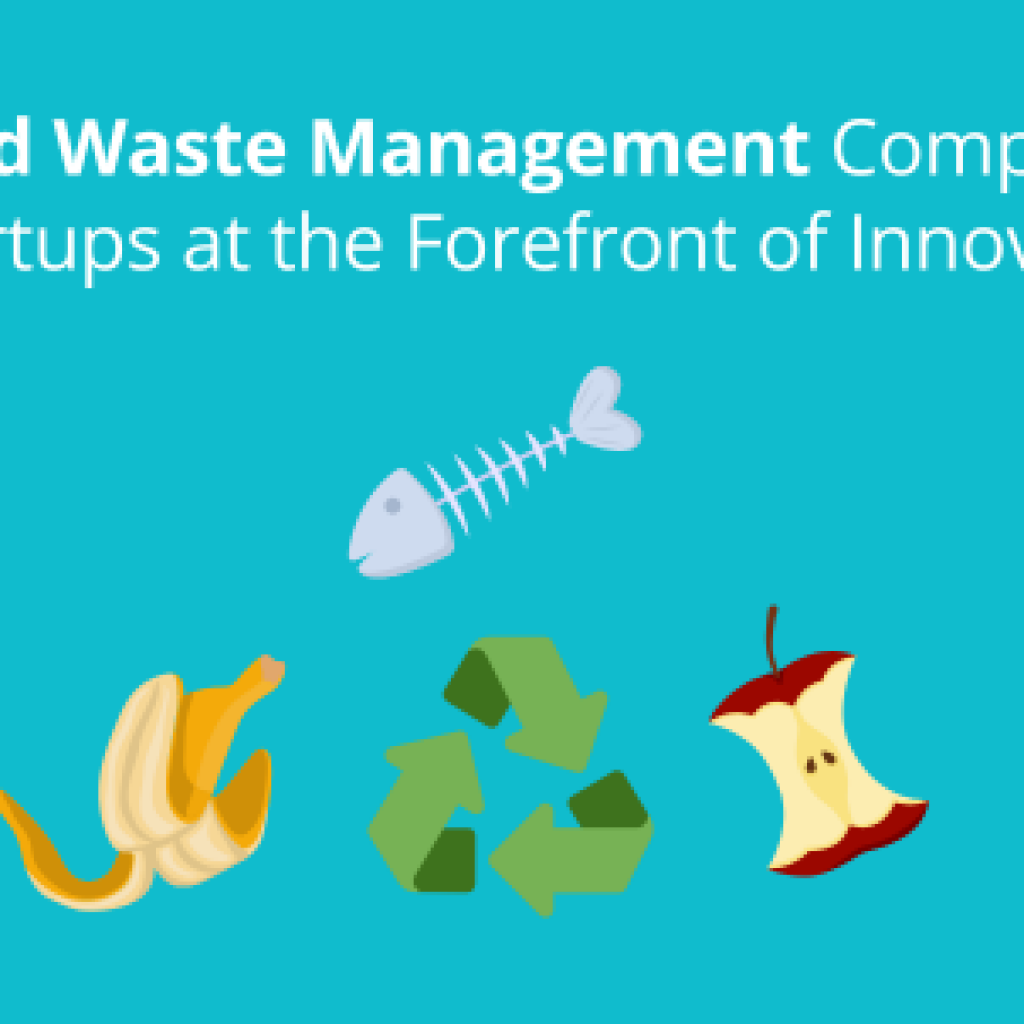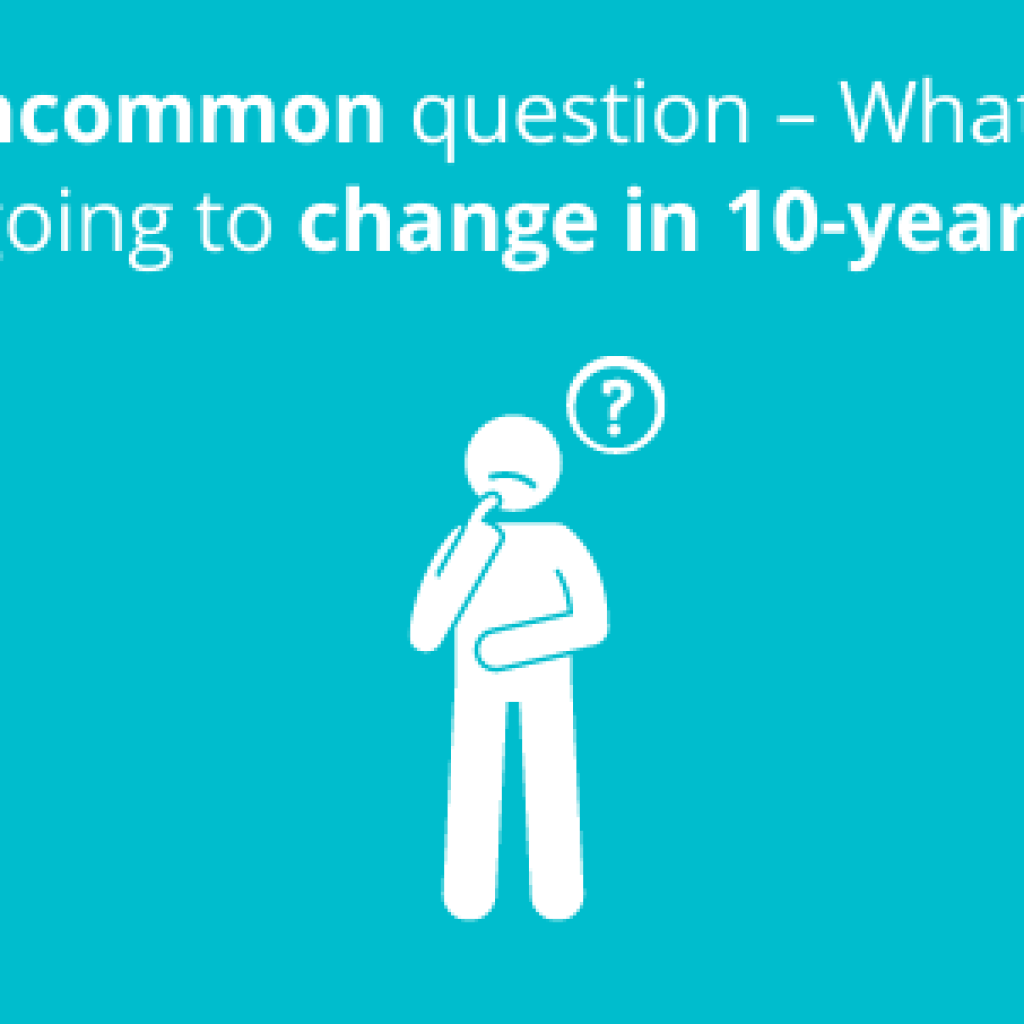As an editor, there are times when some articles have to be discarded from my end, or the writer needs to use a different way of presenting them. It is not because the idea is bad, but it all falls to the execution.
Similarly, you might know someone on your team who has a brilliant idea and probably a breakthrough. But, the idea is good on paper until turned into a profitable product or service, which is amazing.
Personally, I believe an idea is good if it is executed successfully. But let me share Anmol’s thoughts on the same as he shares the obstacles in executing a good idea.
SUB: 0 -> 1
“Ideas are easy. Execution is everything.” – John Doerr
I read this while reading the Measure What Matters book when I had to set OKR for my team. It’s in the opening chapter. Made zero sense to me. I was in the ideas are everything group.
As I progressed in the book, the context started emerging. When you define OKR, it’s closely aligned with the company’s vision. You can’t work in isolation and tick all the boxes, and the outcome will be pleasant only if everyone plays the orchestra.
When Doerr said ideas are easy, he meant it’s easy to construct the idea in your mind. The real challenge is translating it into the real world, where chaos is your co-pilot.
This made more sense once I started observing the pattern around me. Almost every new feature from our competitor is the idea we had previously discussed. Make-a-thon ideas sound similar too.
I was part of a workshop where we solved problems in groups. Everyone shares ideas, and they solve them in theory. I failed. Everyone thought the other person would lead the way.
What was hindering the execution?
When we work alone, there’s no support system. So most of us enter into two modes, either it would be a success, or I need to try it again.
When we work in a group or collaborative mode, the ownership gets diluted. The penalty for not doing it distributes and gets reduced per person. We feel it’s okay if others are also failing with us, and we are not alone. You might have seen this in group projects during college, where one person would make the file at the last minute, and others would just copy it. This happens at work too. We don’t magically change overnight.
Our work is a work of collaboration. Solutions pitch the feature before we develop it. Sales sell the feature that we have just developed. Marketing work on the wordplay to get maximum hits. Operations will convince the client how smartly they are using the feature. Unfortunately, this usually doesn’t go this smoothly. When these many stakeholders are involved, the message rarely gets passed in one go.
So what’s the last step that creates the difference? It’s the ownership of the problem being solved. If the problem is important for you, you will go to lengths to solve it. To bring back every person on the same page. Democracy in such situations doesn’t work. You have to be convinced of the solution. It’s like being the person who builds the report at the last minute because you can’t live with the other reality.
This may sound like leadership, but it’s actually a much simpler thing. I have seen developers who are convinced that solving a problem in a certain way will be beneficial. They will do everything to convince and bring everyone on the same page. Whereas I have also seen managers who will take the idea lightly until a competitor launches it and then blame the system.
This is why we have one million+ patents but not one million usable patents. Execution is the key to a million-dollar idea, not just an idea in the patent.
This ownership is the seed of every great product and company. Let’s see a few examples:
We can let strangers stay at our house, and Brian Chesky was able to execute it into Airbnb because he didn’t settle for It won’t work reasoning from investors. He clicked every house picture on his own because he knew a lack of professional photographs could break the deal. He would ask for reviews personally from every host and tourist who used it.
Let’s ask people to bring their own car and use it as a taxi; Travis Kalanick was able to build Uber when everyone said it wouldn’t work. He took ownership and led the way.
If you are in an initiative or solving a problem in a group and can’t find a single person constantly pinging in group/emails, it will most likely, fail.
Regards – Anmol
What do you think is more important, a good idea or the right execution? Can a good idea benefit a team until executed, or does brainstorming the idea holds more weightage?
Share your thoughts in the comment section below.










